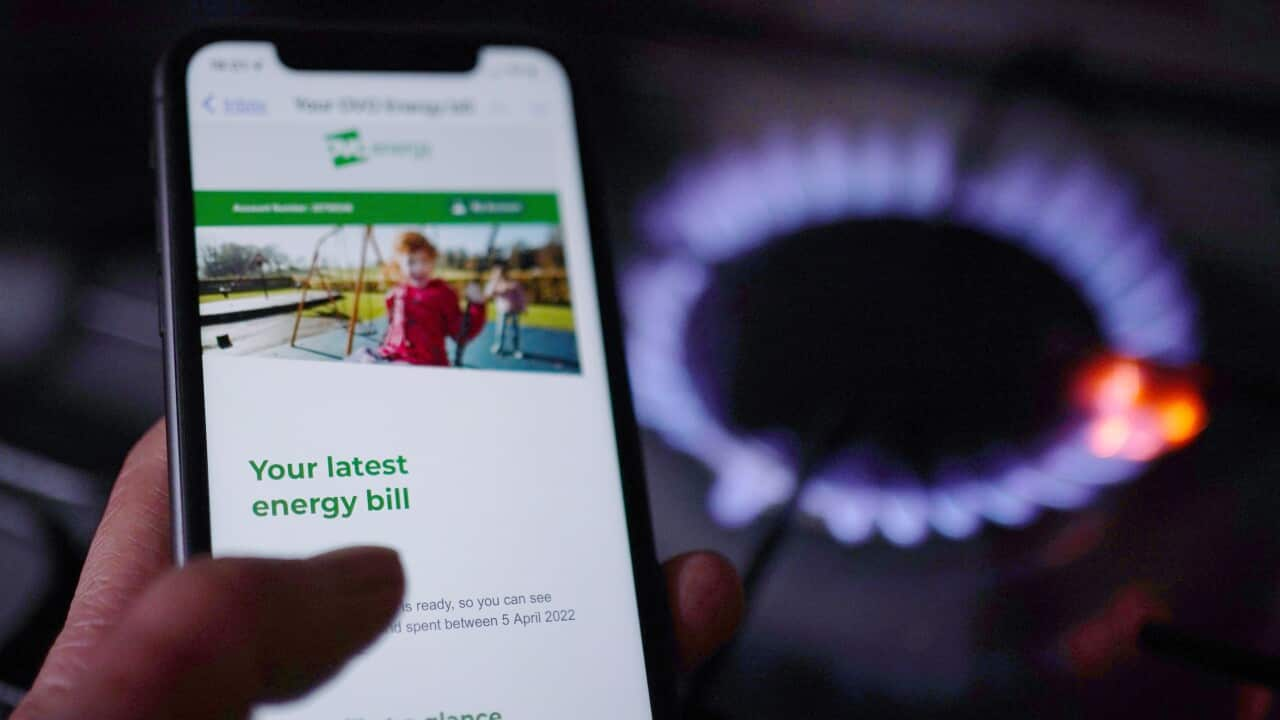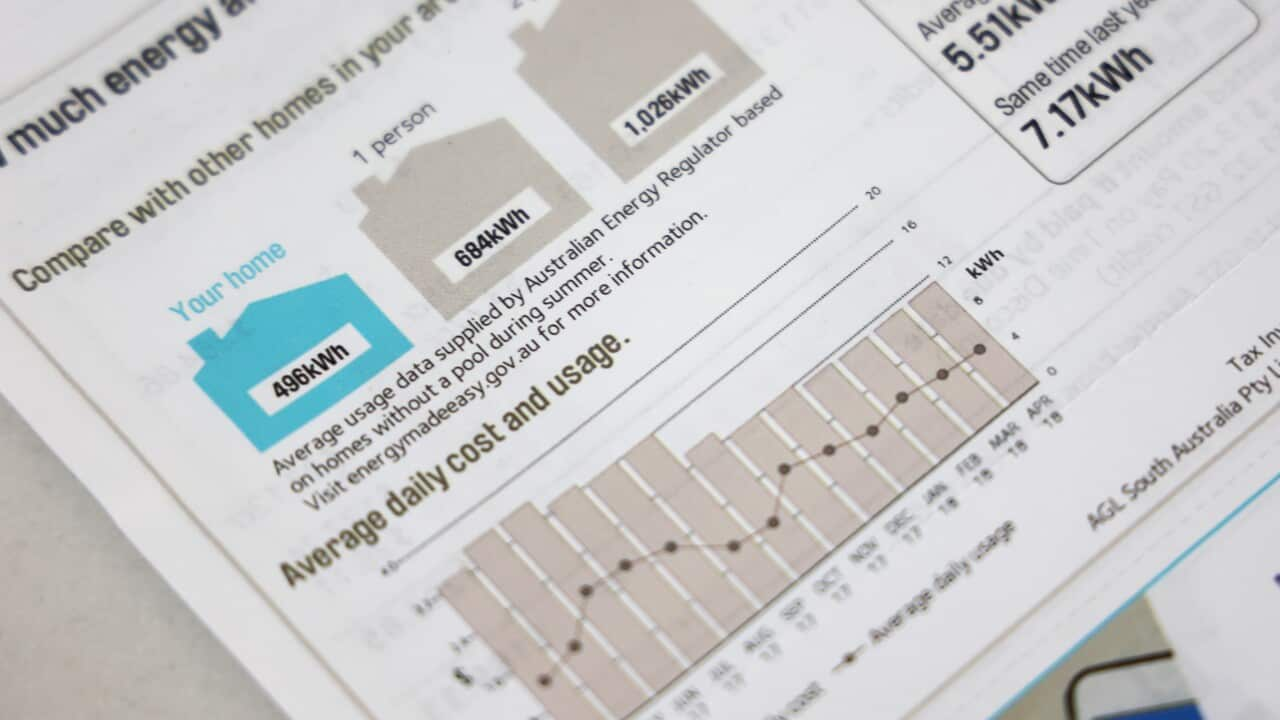Power bills for hundreds of thousands of residents and businesses in Australia's east could fall, while others will rise below the inflation rate, according to the energy regulator.
The Australian Energy Regulator (AER) released its draft default market offer for energy prices in 2024/25 on Tuesday.
The default market offer, which will apply to consumers in NSW, South Australia and parts of Queensland, is a price cap on how much retailers can charge customers on their default plans.
While the price changes are being described as a "mixed bag" for consumers, it will be welcomed by some who've been slugged with energy price rises of 40 per cent in the past two years.
How much will I save?
How much you'll save depends on where you live and whether you have high-energy appliances that attract a separate meter and tariff — what is known as a 'controlled load'.
Also, these are all draft prices and savings could change once the regulator makes a final determination in May, pending public consultations.
The new prices will come into effect from July.

Source: SBS News
Prices for residential customers without controlled load in South East Queensland will increase 2.7 per cent. For customers with controlled load, the price is unchanged.
In South Australia, residential customers without controlled load have received a 2.5 per cent decrease while those with controlled load face a 0.5 per cent decrease.
In NSW, residential customers without controlled load will see prices decrease by between 3 per cent to an increase of 0.9 per cent. Customers with controlled load will see prices drop between 0.4 per cent to 7.1 per cent.

In Victoria, the Essential Service Commission regulator has separately drafted an average 6.4 per cent drop in bills for residential energy customers.
AER chair Clare Savage said the regulator placed increased weight on protecting consumers given the increasing cost of living.
Will costs drop with more renewables on the market?
Federal Energy Minister Chris Bowen said the price reductions were "encouraging" but there was more work to be done, especially in getting more renewables into the system.
"We've got a long way to go though ... nobody's suggesting that this is over or the cost-of-living pressures don't continue to exist as they do around the world."
Energy Consumers Australia's Jacqueline Crawshaw said some of the reductions in the wholesale market prices were because of renewables.
She also encouraged customers to both shop around and ask their providers whether they could offer a better deal.
"That keeps the market competitive and keeps retailers on their toes," Crawshaw told the ABC.
Energy retailers are required to tell customers on the front page of their bills, at least every 100 days, if they can offer a better deal.
- additional reporting by AAP










